Semi Tractor/Flatbed Truck
Most of the loads that you haul across state lines will require you to have a trucking authority from the federal government in Washington. This applies to you if you are working on a “for hire” or pay across state lines. A trucking authority is needed by you if you are using a van, pick-up truck, towing truck, trailer, and a straight truck, a straight truck that tows a trailer or a semi-tractor and a trailer.
Regardless of which of these vehicles you operate, you will need a trucking authority to cross state lines.
You will also need a minimum of $300,000 in property damage liability insurance or personal insurance if the gross vehicle weight rating of your vehicle and any of its combined components and parts is 10,000 lbs or below it as per your trucking authority application. If this gross vehicle weight rating is more than 10,000 lbs when you are applying for the trucking authority, the requirement changes from $300,000 to $750,000 for personal injury and property damage liability insurance. A trucking authority is also known as MC authority which is its official name. To apply for this permit, you will need a USDOT number. You will need a PIN to apply for your trucking authority if you already have a USDOT number.
Find Out If You Are Exempt From Trucking Authority Requirements
Vehicles Involved In The Farming Sector
If you are a farmer using a vehicle with a farm plate, you will not require a trucking authority. If you intend to cross state lines, you do not require a trucking authority. If you use a farm plated van or a pickup truck that has a gross vehicle weight rating of 10,000 lbs or less, you are not required to have a USDOT number or register for trucking authority.
If your truck, trailer, farm-plated pickup truck, van, or any automobile that you use has a gross vehicle weight rating of more than 10,000 lbs, you will need a USDOT number but you still do not need to register for trucking authority. If your truck pulls a trailer or if you use a semi-tractor to pull a trailer and the total/combined gross vehicle weight rating comes out to 10,000 lbs or more, you will need a US DOT number but not a trucking authority.
If your farm-plated truck or farm-plated pulling truck or trailer exceeds the vehicle weight rating of 26,000 LBS and you intend to cross state lines with it, you must register with the state for IFTA fuel tax but not trucking authority. You will also need to register for a US DOT number and the fuel tax if you have a farm-plated semi-tractor or trailer and you want to cross state lines with it.
Using A Private Carrier To Haul Your Own Products
In this case, you will not require a trucking authority. If you are a manufacturer or an enterprise that hauls its own products across state lines in an automobile that has a gross vehicle weight rating of 10,000 lbs or less, you are not required to have a US DOT number or register for trucking authority. This applies to a vehicle that pulls a trailer and has a combined gross vehicle weight rating of 10,000 lbs or less. If you use a truck or a semi-tractor or any other vehicle that has a gross vehicle weight rating of more than 10,000 lbs, you will require a US DOT number but not a trucking authority.
Hauling Exempt Products Across State Lines With A “For Hire” Carrier
You will not require a trucking authority for this purpose. If you are using a carrier to move exempt commodities across state borders, including livestock, logs, corn, etc., you will not require a US DOT number. If the gross vehicle weight rating is 10,000 lbs or less, you will not require a trucking authority either. But if the weight rating is more than 10,000 lbs or if the power unit that pulls your trailer has a weight rating of more than 10,000 lbs, the carrier will need a US DOT number. However, a trucking authority will still not be required.
Understanding Important Trucking Authority Requirements
- You will need a US DOT number to obtain trucking authority.
- You must register for the BOC – 3 list of process agents and later must carry personal injury or property damage liability insurance with you.
- Trucking authority is also called common authority and you will need cargo insurance to cover the entire cargo you carry.
- The time span for trucking authority application is around 21 days.
- You will be issued a docket number and the feds will determine whether they have all the information or not sufficient enough to issue you the trucking authority.
- Once the trucking authority has been granted to you, a letter of authority will be issued.
- Once you receive the trucking authority, the next step will be unified carrier registration.
- You will also have to go through a new entrant carrier safety audit process to complete this entire procedure.
- As a motor carrier carrying a trucking authority, you must have all the important documents on you. The same will be examined by a member of the state police motor carrier section.
- There are 16 critical items that the safety auditor will consider to determine whether you are compliant with the rules and regulations laid down by the department of transportation or not. If you fail any of these 16 critical items, your trucking authority will be taken away.
- If you fail even any one of these critical items, you will lose your authority.
Applying For Trucking Authority – Time Scale
It will take you somewhere between 21 and 24 days to obtain your trucking authority. However, it is going to take much longer if there is a delay in submitting the required information by you. The operating authority application may get completed between this stipulated time period if you have applied for the same and submitted it along with a payment made with a credit or debit card. You will also have to provide proof of liability insurance along with the BOC – 3 list of processes.
If you have drawn out a check to pay the feds for this application, it may take a little longer and up to several weeks for you to obtain your trucking authority. This is because your bank may take a lot of time to clear out the check.
Feds in Washington will receive the copies of your insurance forms that you have submitted for your trucking authority. From that day, 7 days will be added to the entire process before you receive your authority. You will receive your trucking authority when the 21-day application process in addition to the 7-day time period is completed.
Trucking Authority Docket Number
You will be assigned a US DOT number along with a docket number the moment you apply for a trucking authority. The docket number is usually used as a reference number for your application form. This docket number will be used as your trucking authority number once you are issued your trucking authority.
Once you get your trucking authority, you can start hauling loads legally. It is important to make sure that you have a copy of the letter of authority with you in your automobile. You may get penalized by some scale masters if you are not able to produce this copy or the letter to them. This letter is called a certificate authority. If you apply for a contract authority, this letter is called a permit. It will usually take 7 to 10 days for your letter of authority to reach your mailing address.
Personal Injury/Property Damage Liability Insurance For Your Trucking Authority Application
If you are hauling non-hazardous loads and the total weight of the vehicle including the power unit and the trailer is 10,000 lbs or less, in the application for your trucking authority on a “for hire” basis to cross state lines, you will be required to carry a minimum of $300,000 in personal injury or property damage liability insurance.
If you are hauling non-hazardous materials with a power unit in combination with a trailer or a truck that has a gross vehicle weight rating of more than 10,000 lbs, you will be required to carry a $750,000 personal injury/property damage liability insurance. If you are hauling hazardous loads regardless of the weight of the vehicle you will be required to carry at least $1 million in liability insurance and the amount can exceed up to $5 million as well.
Trucking Authority And Cargo Insurance
You will also require cargo insurance when you are applying for trucking authority and the amount should be at least $5,000. You must have sufficient cargo insurance so that it can cover the entire value of the load that you are carrying at any particular point of time. You are not required to show proof of cargo insurance when you are applying for authority. If you are in the business of hauling gravel, sand, rocks, and stone, across state lines, you need not have cargo insurance. You may apply for contract authority if you have a dedicated contract with any shipping company that can provide cargo insurance on your loads.
Trucking Authority Name
You must also have a name that you can use for your trucking authority. Naming your trucking business is an important step that you will have to take. The most basic way is to name it just as your business name. You can also add a D/B/A which means “doing business as” to your trucking authority name. Most of the states across the country will require you to register the DBA name at your local county courthouse. You will have to enter this DBA name when you are applying for your authority. Your insurance policies will also show this name otherwise it will be a conflict in the application process. The application for your authority and the insurance policy must have the same business/trucking authority name.
Employer Identification Number
In several cases, you will also need an employer identification number if you are looking to apply for a trucking authority. You will also need the same number to file the 2290 Federal Highway Use Tax. If you are an owner-operator and have a truck of GVWR of 55,000 lbs or more, you would usually have a federal ID number to file your 2290 Federal Highway Use Tax. You may need a separate Employer Identification Number if you intend to establish an LLC for your trucking authority.
IRP Or Apportioned License Plate
If you intend to cross state lines with your pickup truck, trailer, truck and trailer combination, pickup truck-trailer combination, or any other automobile with a weight of 26,000 lbs, you will not need an IRP or apportioned license plate. Once you receive your trucking authority and if you have a truck with a 3 axle, and if you intend to cross state lines regardless of the weight of the vehicle, you will need an apportioned or IRP license plate.
After obtaining your authority, if your truck, trailer, or truck-trailer combination that has a weight of 26,000 lbs or above intends to cross the state lines, you must register for an IRP license plate. If you decide to cross state lines on your own, you will require a trucking authority because most states across the country need you to either be a private carrier or a “for hire” carrier if you intend to haul exempt commodities. Similarly, some states would require you to be a “for hire” registrant leased to a trucking company or a for-hire carrier that has his own authority before getting an IRP plate issued.
International Fuel Tax Agreement
If you already have an IRP /apportioned license plate to cross state lines along with an application for trucking authority, you will also need to register for the International Fuel Tax Agreement. Once you obtain your authority, you will have to sign up for the IFTA fuel tax as well. You will have to do a quarterly filing of the IFTA fuel tax without fail. Once you are registered for this tax, you can start hauling your loads. The state will require you to always keep correct records of all the trips that your vehicle makes throughout the year.
Weight Distance Tax State Registration
When you receive your DOT authority and if you have to visit New York, New Mexico, Oregon, and Kentucky, you will be visiting a weight distance tax state. If you have applied for a DOT authority, this means you may be traveling to any one of these states.
New York
The state of New York needs you to pre-register with them after acquiring your DOT authority before you enter into the state. You will be required to pay a registration fee of $15 per power unit if you have a vehicle that weighs 18,001 lbs or more than that. You will also have to register for the New York Highway Use Tax. You must keep accurate records of all the miles traveled in the state and file your quarterly weight distance tax reports.
Kentucky
You will have to register for a Kentucky KYU number if your vehicle weighs 60,000 lbs or more. You will also be required to have your DOT authority granted before you enter the state. You must produce your IRP cab card for your KYU registration. Once you have received your KYU number, you must keep accurate records of your mileage and remember to file your quarterly weight distance tax reports with the state of Kentucky.
New Mexico
When you are about to enter New Mexico, you have the option to pay your port of entry upon entering the state. You can also register for an account number before you enter the state as an alternative. After you have received your DOT authority, you must get a New Mexico weight distance tax account number. This way, you will not be required to pay up for the port of entry every time you enter the state. Remember to file your quarterly weight distance tax reports with the state without fail. If your vehicle is plated at 80,000 lbs and you intend to cross on I-40, you will have to pay $60 at the New Mexico port of entry. However, if you pre-register for a New Mexico account number, you will only have to pay $16.75 for each trip at the end of the quarter.
Oregon
As you enter the state of Oregon, you will realize that you do not need to fulfill the formalities of a fuel tax. You can get your DOT authority and the registration process will require you to file a $2,000 bond with the state. Again, remember to file your monthly weight distance tax reports. When you get your DOT authority, you can simply pay at the port of entry as you enter into Oregon as an alternative.
Trucking Authority – Intrastate Trucking Authority
You may need an intrastate trucking authority to pick up and deliver certain loads. This applies to you if you are moving inside your home state as well. This is in addition to a regular authority that is required by you to haul goods across state lines.
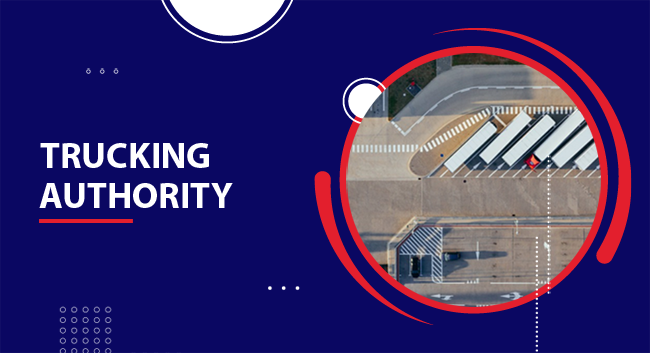
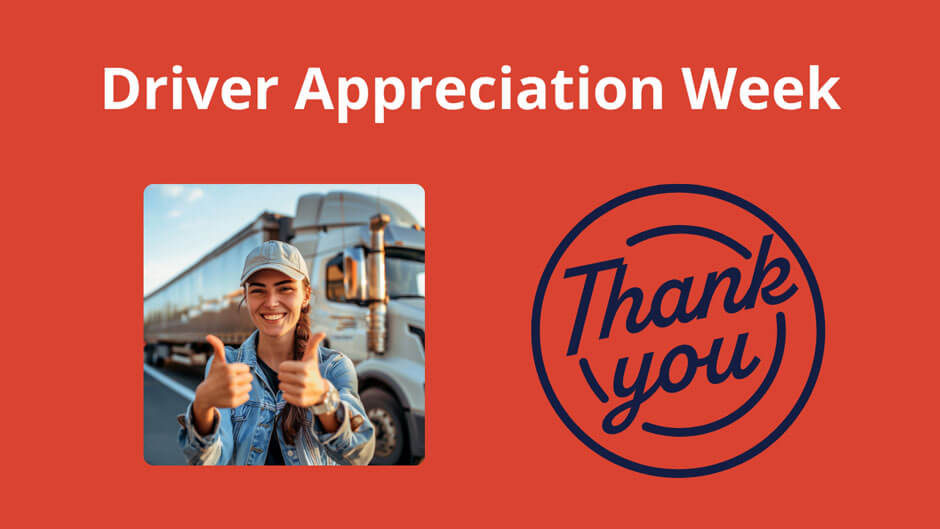
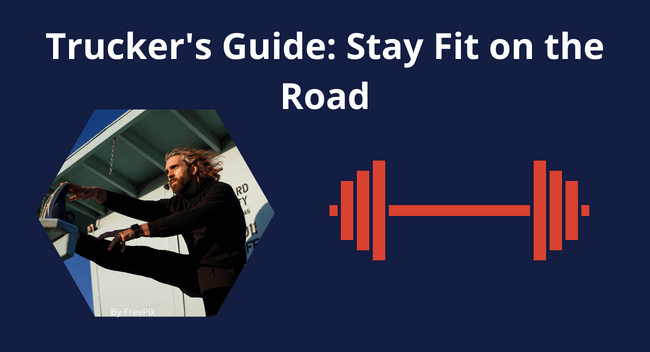
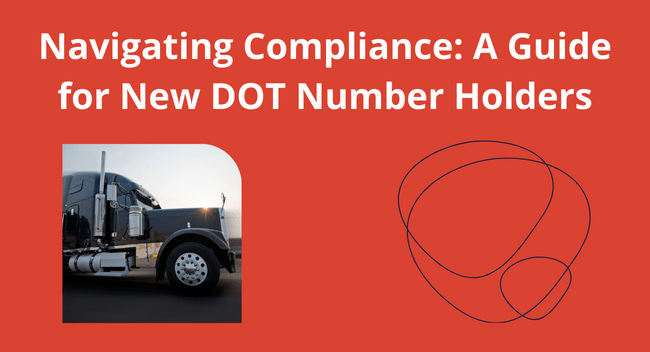
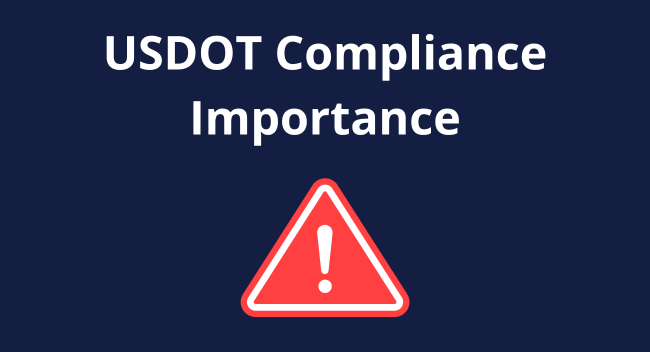
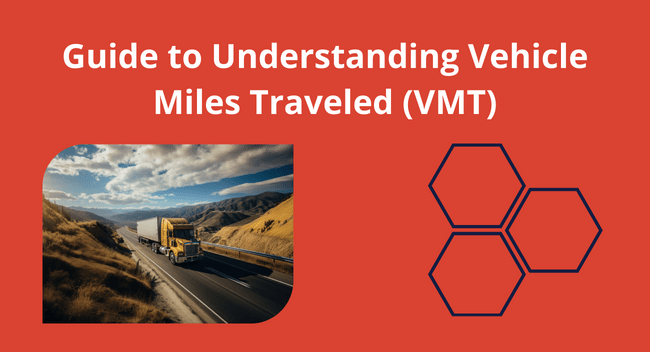

0 Comments